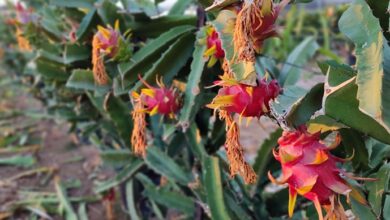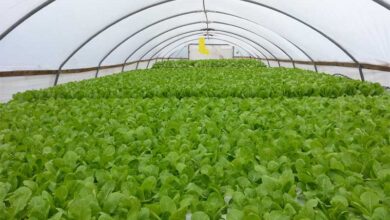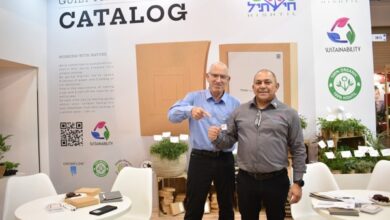“Secure Crop Yield & Quality: The Unique Impact of Potassium Nitrate”

Witnessing the “Salad Crisis” in northern Europe and realizing that such crises will be more frequent in the future, Haifa Group arranged a webinar to explain how carful, precise plant nutrition can help maintain agricultural yields under harsh conditions, and what’s the unique contribution of potassium nitrate.
Following the webinar, we had an interesting Q&A session. See below some of the questions asked:
Q: Is potassium nitrate suitable for foliar fertilization?
A: Yes, greenhouse-grade potassium nitrate can be used for foliar feeding. However, Haifa produces a unique potassium nitrate product for this purpose – Haifa Bonus. It is enriched with phosphate and formulated to remain on the leaves for a prolonged period, nourishing the plant more efficiently.
Q: When the nutritional program includes ammonium-nitrogen, what is the optimal N-NH4 to N-NO3?
A: Normally the ratio should be maintained at 20% N-NH4 and 80% N-NO3. The actual ratio should take into consideration crop variety, growing season, and weather.
Q: How will improving the nutrition of the plant help in a crisis such as the “salad crisis”?
A: Unfortunately, the frequency of crisis situations that we will have to manage is likely to increase, due to the growing number of extreme weather events caused by climate change.
A plant that receives optimal nutrition is stronger and has a better chance to remain productive under challenging conditions. For this reason, careful, high-quality plant nutrition becomes more important.
Q: Is potassium nitrate suitable for hydroponic growing?
A: Yes, absolutely. Because potassium nitrate is very soluble and contains 100% nutrients, it is ideal for use in hydroponic systems. As potassium nitrate is free of non-nutrients like chlorine, the increase of salinity in closed hydroponic systems is relatively moderate.
To better meet the requirements of hydroponic systems that use recirculated water, Haifa offers a special grade of potassium nitrate, with the highest purity. This product has been proven to minimize the rate of salinity buildup in recirculated fertilization systems in the Netherlands, thus reducing the number of times that the irrigation water needs to be refreshed.
Q: Why did Haifa add the environmental report in the fertilization programs you demonstrated in the webinar? Why is it so important?
A: An increasing number of authorities and consumers are concerned about the effects of pollution and greenhouse gas emissions on the environment. In the near future, growers who know how to produce agricultural crops in a cleaner way will have an edge over others, because they will be able to meet new environmental standards and will be favored by environmentally conscious consumers.




